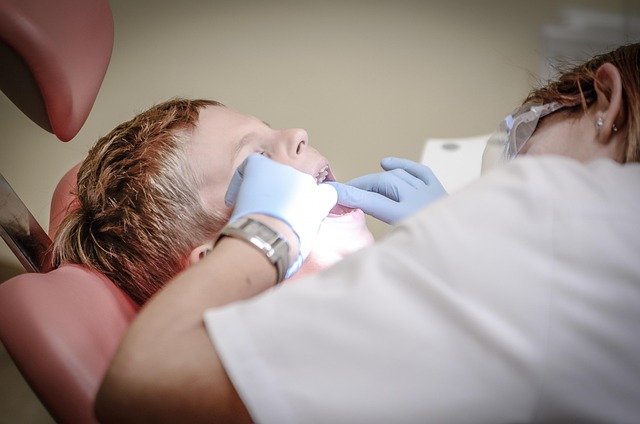Dental Implants on the NHS for Over 60s: A Practical Guide to Eligibility
Accessing dental implants through the NHS after age 60 depends on meeting specific clinical criteria. This guide outlines the eligibility requirements, common medical conditions considered, expected waiting times, and available treatment pathways. It also includes practical steps for preparing for consultations, understanding the referral process, and exploring alternatives if NHS funding is not granted. Seniors facing oral health challenges can use this information to evaluate their options clearly and realistically.

What Are the NHS Eligibility Criteria for Dental Implants?
The NHS typically provides dental implant coverage on a case-by-case basis, with strict medical necessity requirements. Seniors over 60 must meet specific medical conditions to qualify, such as significant tooth loss resulting from medical conditions, trauma, or congenital issues. Routine age-related tooth loss may not automatically qualify for NHS funding.
What to Expect During Your Dental Consultation and Assessment
A comprehensive dental assessment is the first critical step in the implant process. Your dentist will conduct a thorough examination, including:
-
Medical history review
-
Oral health evaluation
-
Bone density assessment
-
X-rays and diagnostic imaging
-
Discussion of overall health conditions that might impact implant suitability
Understanding NHS Wait Times and Referral Pathways
NHS dental implant services often involve complex referral processes. Patients can expect:
-
Initial consultation with local dental practice
-
Specialist referral for implant assessment
-
Potential waiting periods of several months
-
Multiple consultations and evaluations before approval
Financial Options if Implants Aren’t Covered by the NHS
When NHS funding is unavailable, seniors have several alternative financial approaches:
| Option | Description | Estimated Cost Range |
|---|---|---|
| Private Dental Insurance | Supplemental coverage | £20-£50 monthly |
| Payment Plans | Spread cost over time | £50-£200 monthly |
| Personal Savings | Self-funded option | Varies individually |
| Dental Finance Schemes | Low-interest borrowing | £30-£100 monthly |
Prices, rates, or cost estimates mentioned in this article are based on the latest available information but may change over time. Independent research is advised before making financial decisions.
Preparing for Dental Implant Surgery and Recovery at Home
Successful implant surgery requires careful preparation and post-operative care:
-
Follow pre-surgery dietary recommendations
-
Arrange transportation for surgery day
-
Prepare soft foods for recovery period
-
Create comfortable recovery space
-
Stock necessary medical supplies
-
Plan for potential limited mobility during initial recovery
Conclusion
Navigating dental implant options through the NHS requires patience, thorough research, and professional medical guidance. Seniors should consult their dental practitioners to understand their individual eligibility and explore the most suitable treatment pathways.
Medical Disclaimer: This article is for informational purposes only and should not be considered medical advice. Please consult a qualified healthcare professional for personalized guidance and treatment.




